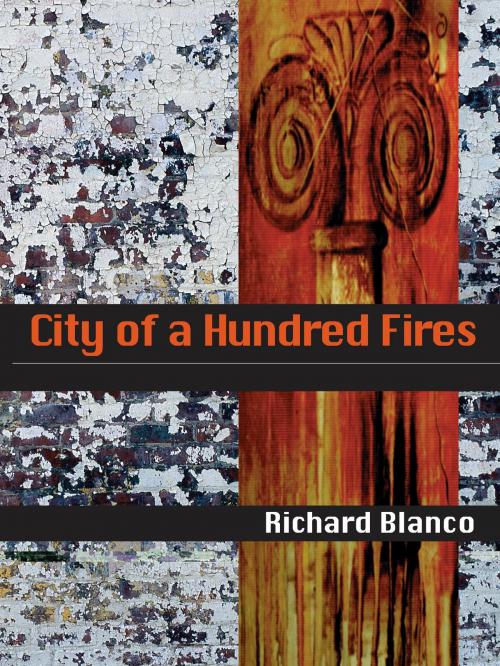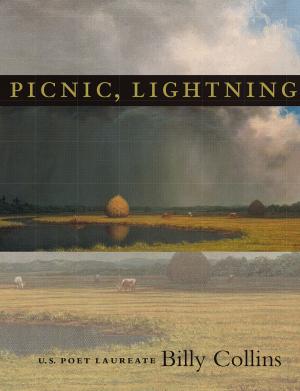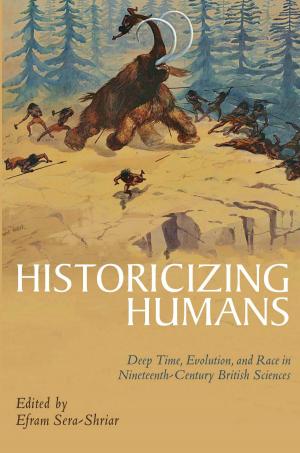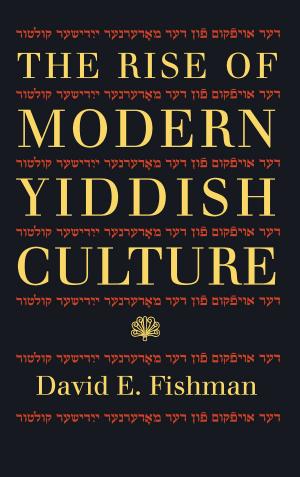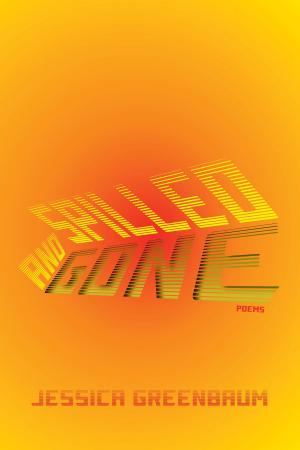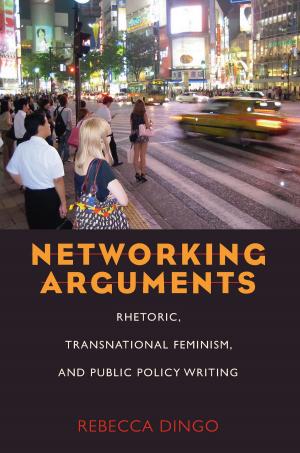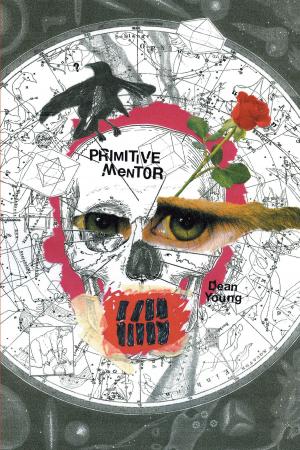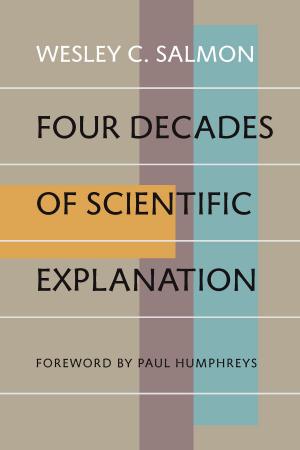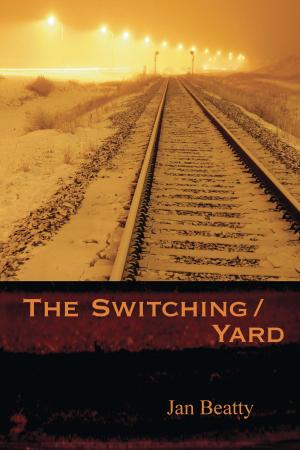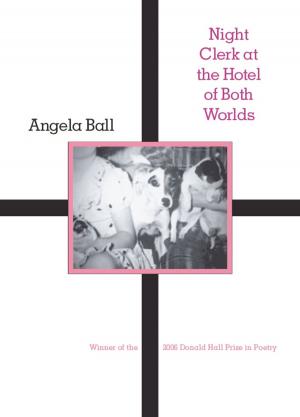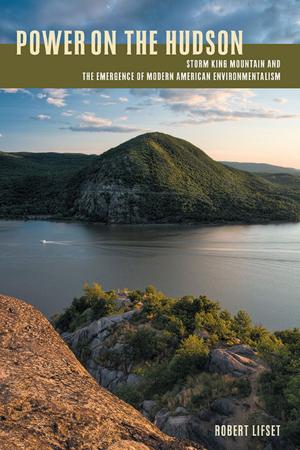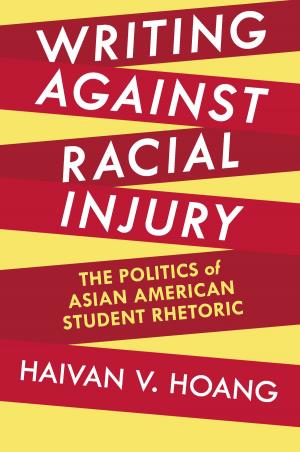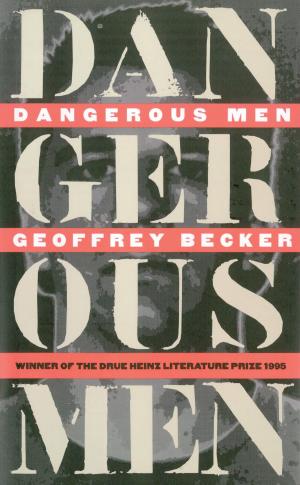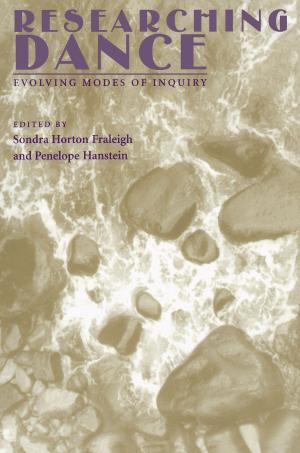| Author: | Richard Blanco | ISBN: | 9780822978893 |
| Publisher: | University of Pittsburgh Press | Publication: | October 15, 1998 |
| Imprint: | University of Pittsburgh Press | Language: | English |
| Author: | Richard Blanco |
| ISBN: | 9780822978893 |
| Publisher: | University of Pittsburgh Press |
| Publication: | October 15, 1998 |
| Imprint: | University of Pittsburgh Press |
| Language: | English |
"Richard Blanco, a Cuban raised in the United States, records his threefold burdens: learning and adapting to American culture, translating for family and friends, and maintaining his own roots. . . . Blanco is already a mature, seasoned writer, and his powers of description and determination to get every nuance correct are evident from the first poem. . . . Absolutely essential for all libraries." --Library Journal "As one of the newer voices in Cuban-American poetry, Blanco write about the reality of an uprooted culture and how the poet binds the farthest regions of the world together through language. . . . This book describes the price of exile and extends beyond the shores of America and the imagined shores of home." --Bloomsbury Review "Unlike most contemporary minority poetry, City of a Hundred Fires, introduces readers to the fullness and richness of ethnic life, and not only the frustration and isolation so often associated with it. Richard Blanco exquisitely portrays the triumphs and defeats of a land and a people that have just barely survived revolution and time, and, without sentiment or cliche, affirms the ability within us all to achieve wholeness." --Indiana Review "Blanco is a fine young poet, and this poetry, the bread and wine of our language of exile, is pure delight. May he continue to produce such a heavenly mix of rhythm and image-these poems are more than gems, they are the truth not only about the Cuban-American experience, but of our collective experience in the United States, a beautiful land of gypsies." --Virgil Suarez Richard Blanco was, as he says, "made in Cuba, asssembled in Madrid, and imported to the United States," meaning he was conceived in Cuba, born in Madrid, and arrived in the United States as an infant able to claim citizenship in three different countries. His work has appeared in many journals, magazines, and anthologies, including the Nation, Michigan Quarterly, TriQuarterly, and Indiana Review. Blanco is a graduate of the MFA program in creative writing at Florida International University and also works as a civil engineer.
"Richard Blanco, a Cuban raised in the United States, records his threefold burdens: learning and adapting to American culture, translating for family and friends, and maintaining his own roots. . . . Blanco is already a mature, seasoned writer, and his powers of description and determination to get every nuance correct are evident from the first poem. . . . Absolutely essential for all libraries." --Library Journal "As one of the newer voices in Cuban-American poetry, Blanco write about the reality of an uprooted culture and how the poet binds the farthest regions of the world together through language. . . . This book describes the price of exile and extends beyond the shores of America and the imagined shores of home." --Bloomsbury Review "Unlike most contemporary minority poetry, City of a Hundred Fires, introduces readers to the fullness and richness of ethnic life, and not only the frustration and isolation so often associated with it. Richard Blanco exquisitely portrays the triumphs and defeats of a land and a people that have just barely survived revolution and time, and, without sentiment or cliche, affirms the ability within us all to achieve wholeness." --Indiana Review "Blanco is a fine young poet, and this poetry, the bread and wine of our language of exile, is pure delight. May he continue to produce such a heavenly mix of rhythm and image-these poems are more than gems, they are the truth not only about the Cuban-American experience, but of our collective experience in the United States, a beautiful land of gypsies." --Virgil Suarez Richard Blanco was, as he says, "made in Cuba, asssembled in Madrid, and imported to the United States," meaning he was conceived in Cuba, born in Madrid, and arrived in the United States as an infant able to claim citizenship in three different countries. His work has appeared in many journals, magazines, and anthologies, including the Nation, Michigan Quarterly, TriQuarterly, and Indiana Review. Blanco is a graduate of the MFA program in creative writing at Florida International University and also works as a civil engineer.
